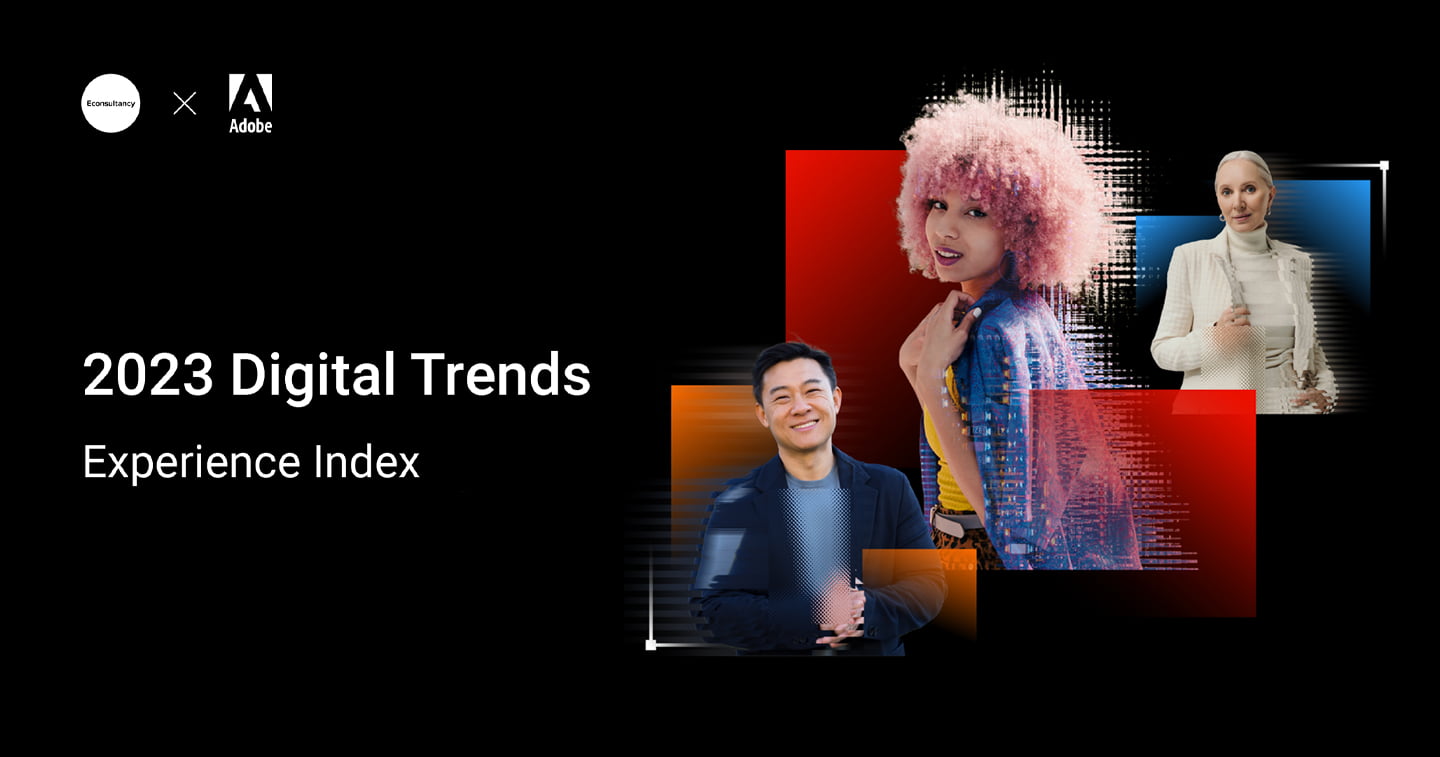SINGAPORE – Computer software company Adobe released the 2023 Digital Trends Report, its 13th annual deep dive into brand marketing and IT priorities for the year ahead. The global survey of more than 9,000 executives, practitioners, and agency employees, including 800 Asia-Pacific respondents, also explores the technology investments and strategies that set industry leaders apart from the competition.
This year’s report reveals that leading brands have prioritized investments in the speed, scale, and efficiency of their content creation capabilities and workflows to build stronger customer relationships and succeed in 2023. In parallel, they are enhancing their existing marketing processes and technologies to make the most of their investments and ensure they seize every opportunity throughout the year.
“Customer expectations for content-rich, personalized experiences have reached new heights,” said Duncan Egan, Vice President of Digital Experience Marketing, Adobe Asia Pacific and Japan. “To meet this, business leaders need to prioritize a content supply chain backed by workflow automation, built on a customer-centric strategy and streamlined for the entire content lifecycle.”
Content Creation at Scale
According to the research, 79% of senior APAC executives say demand for content has significantly increased. Yet despite this seemingly insatiable appetite from customers, who now crave dynamic digital experiences across a growing range of channels, only a quarter (25%) of brands rate themselves as “good” at creating and delivering content.
Industry leaders are therefore rethinking and streamlining their content supply chains, which cover content campaign planning, creation, delivery, and data analysis. Efficiency and cost-reduction are the focus: 43% of senior APAC executives say they have already made their content processes more efficient.
Workflow Emerges as a Top Priority
Historically, efforts to accelerate content creation have come at the cost of employee time and freedom. Two in five (41%) APAC marketing practitioners cite a lack of time to be creative as a barrier to delivering excellent customer experiences. In addition:
- Only one-quarter (25%) of APAC practitioners rate their organizations as ‘good’ or ‘very good’ at planning, scoping, prioritizing, and assigning content to achieve measurable outcomes, compared to 33% globally.
- Crucially, 41% cite workflow issues as a critical barrier holding back their marketing organizations.
- To address this issue and strengthen their content machines in 2023, leading APAC brands have prioritized workflow management and digital collaboration across their content teams.
- More than one-third (37%) have prioritized streamlining or automating collaboration processes so their teams can work faster and better.
- And 43% have prioritized using workflow automation to improve marketing and customer experience process efficiency. This is higher than the global average of 38%.
Enhancing Current Technologies
Investments in content and creative workflows reflect how leaders are prioritizing improving processes and technologies to enable success in the current economic climate. Almost half (45%) of APAC leaders plan to invest in new marketing and data technologies in 2023, while another third (33%) plan to maximize the value of existing technologies.
Some brands’ future planning may be suffering due to economic concerns: 65% of senior brand executives in APAC report that emphasizing immediate needs has come at the cost of longer-term planning and strategy. Encouragingly, this focus on immediate needs is not universal; some APAC respondents said they are looking ahead at new digital platforms and forms of engagement, with 41% indicating their organizations are learning about marketing in the metaverse.
To download the Adobe Digital Trends 2023 report, click here.
It's the 13th year of our digital trends research with Adobe.
This year’s trends point to the role of innovation and creativity in creating great customer experiences.
Download the 2023 report.https://t.co/b7VuqgqiF8
— Econsultancy (@Econsultancy) January 30, 2023









